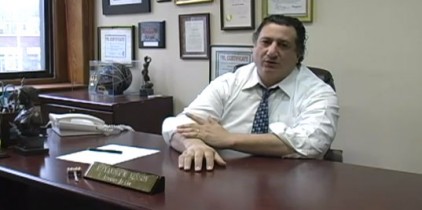Many people have heard the commercials about Irrevocable Trusts or Trusts regarding nursing home planning. There is a lot of confusion between the two terms. To put it simply, a Revocable Trust is a Trust that can be changed at any point. If you change your mind or have second thoughts, you can change the beneficiary or the Trustee; you can add amendments to the Trusts; or if you decide you do not like the Trust, you can revoke the entire agreement. Revocable Trusts are very flexible.
The downside of a Revocable Trust is that the assets in that Trust are still considered your own personal assets by the IRS. Funds are not protected at the same level from creditors, estate tax planning and nursing homes. For example, if you were sued, your Trust assets would still be regarded as your assets and for Medicaid planning purposes it would still be considered your assets. These Trust assets would also be eligible for federal and state inheritance taxes.
There are a few key advantages for creating a Revocable Trust. First, you will avoid Probate. Trust assets will pass directly to the beneficiary named in the Trust, without having to go to Probate Court. You will avoid having your Will contested. Secondly, it allows planning for mental disability. If the person becomes mentally incapacitated, the assets it can be managed by the Disability Trustee instead of having the court appoint a supervised guardian or conservator. Thirdly, it protects the privacy of your property and beneficiaries after you have died. It will remain a private document.
Irrevocable Trusts on the other hand with Irrevocable Trusts, there are estate tax benefits and there are a variety of different Irrevocable Trusts that can protect your assets. However, you are giving up complete permanent control and access to the Trust assets and you cannot change that. However, you can be the beneficiary of the Irrevocable Trust and you have the ability to change Trustees, if desired.
Irrevocable Trusts while significantly more complicated then Revocable Trusts, is it a type of Trust that allows you to avoid the nursing home costs if done with a 5 year look back. There are a variety of Trusts that should be considered in addition to a standard will, durable power of attorney and healthcare proxy.







